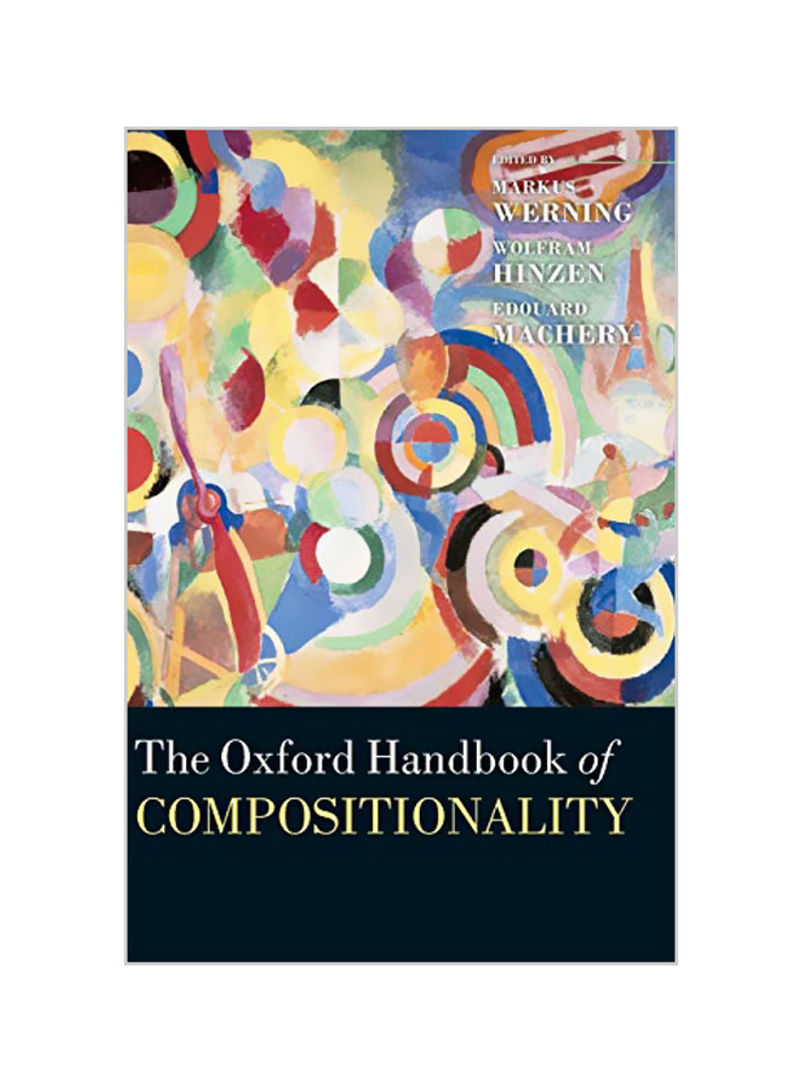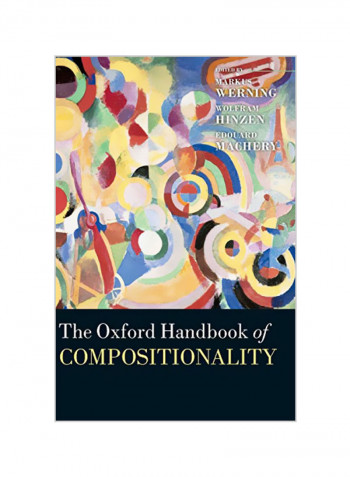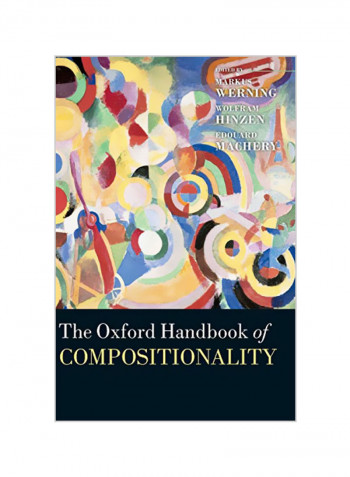Oxford Handbook of Compositionality Hardcover
Recommend
Sort by
Rating
Date
Specifications
Author 1
Markus Werning
Book Description
In this book leading scholars from every relevant field report on all aspects of compositionality, the notion that the meaning of an expression can be derived from its parts. Understanding how compositionality works is a central element of syntactic and semantic analysis and a challenge for models of cognition. It is a key concept in linguistics and philosophy and in the cognitive sciences more generally, and is without question one of the most exciting fields in the study of language and mind. The authors of this book report critically on lines of research in different disciplines, revealing the connections between them and highlighting current problems and opportunities. The force and justification of compositionality have long been contentious. First proposed by Frege as the notion that the meaning of an expression is generally determined by the meaning and syntax of its components, it has since been deployed as a constraint on the relation between theories of syntax and semantics, as a means of analysis, and more recently as underlying the structures of representational systems, such as computer programs and neural architectures. The Oxford Handbook of Compositionality explores these and many other dimensions of this challenging field. It will appeal to researchers and advanced students in linguistics and philosophy and to everyone concerned with the study of language and cognition including those working in neuroscience, computational science, and bio-informatics.
ISBN-13
9780199541072
Language
English
Publisher
Oxford University Press
Publication Date
07-04-2012
Number of Pages
766
Editor 1
Markus Werning
Editor 2
Wolfram Hinzen
Editorial Review
The editors should be commended for also having the vision to create a forward-looking volume that highlights both current debates in the field as well as speculative theoretical questions that will likely shape and direct future research endeavors in the years to come. The editors did an excellent job of bringing together academics with various, diverse specializations to contribute to a volume with such a broad scope of coverage...this volume and its contents will undoubtedly have a high impact in various fields of language science for years to come. * Linguist List *
Editor 3
Edouard Machery



